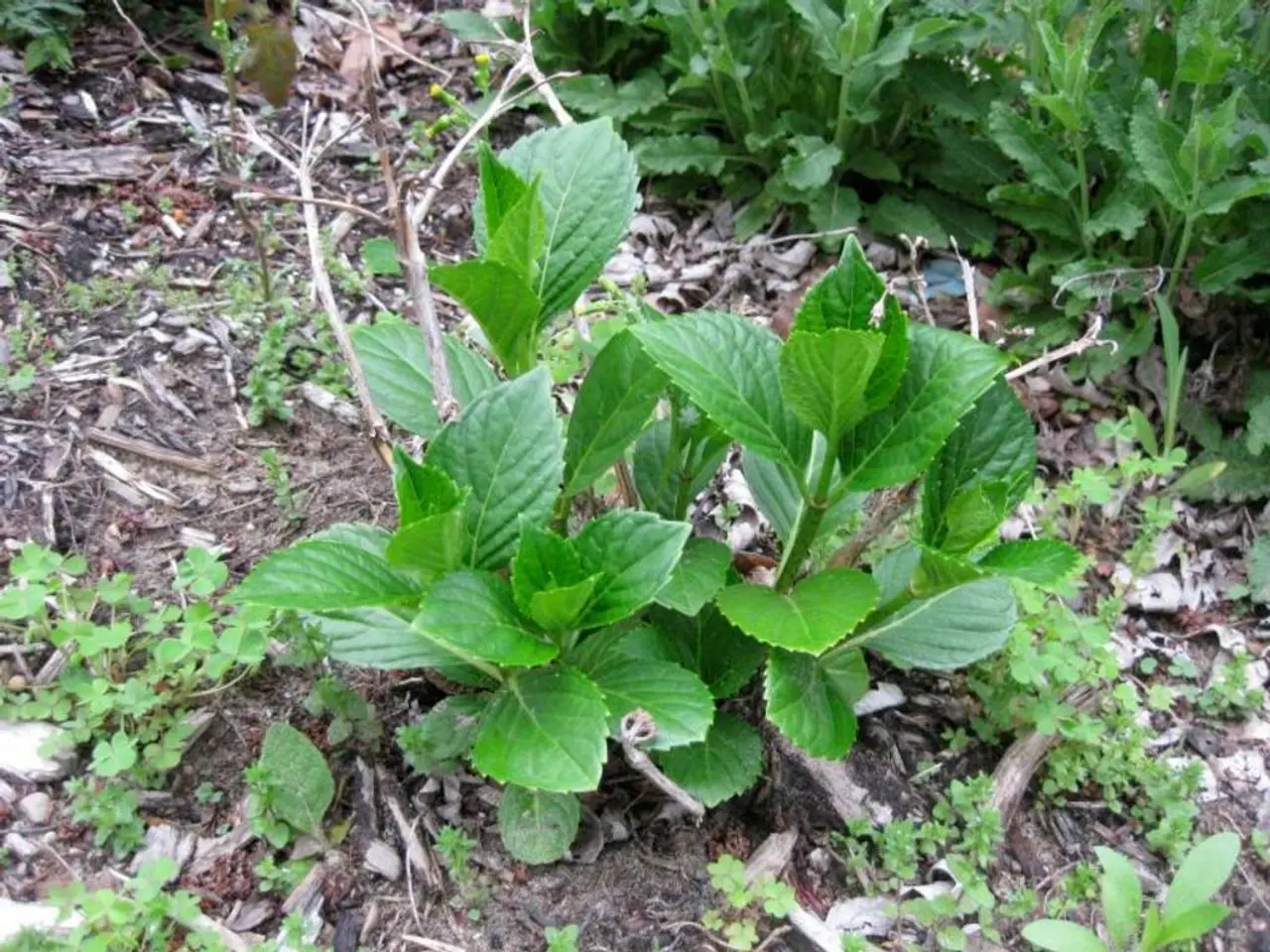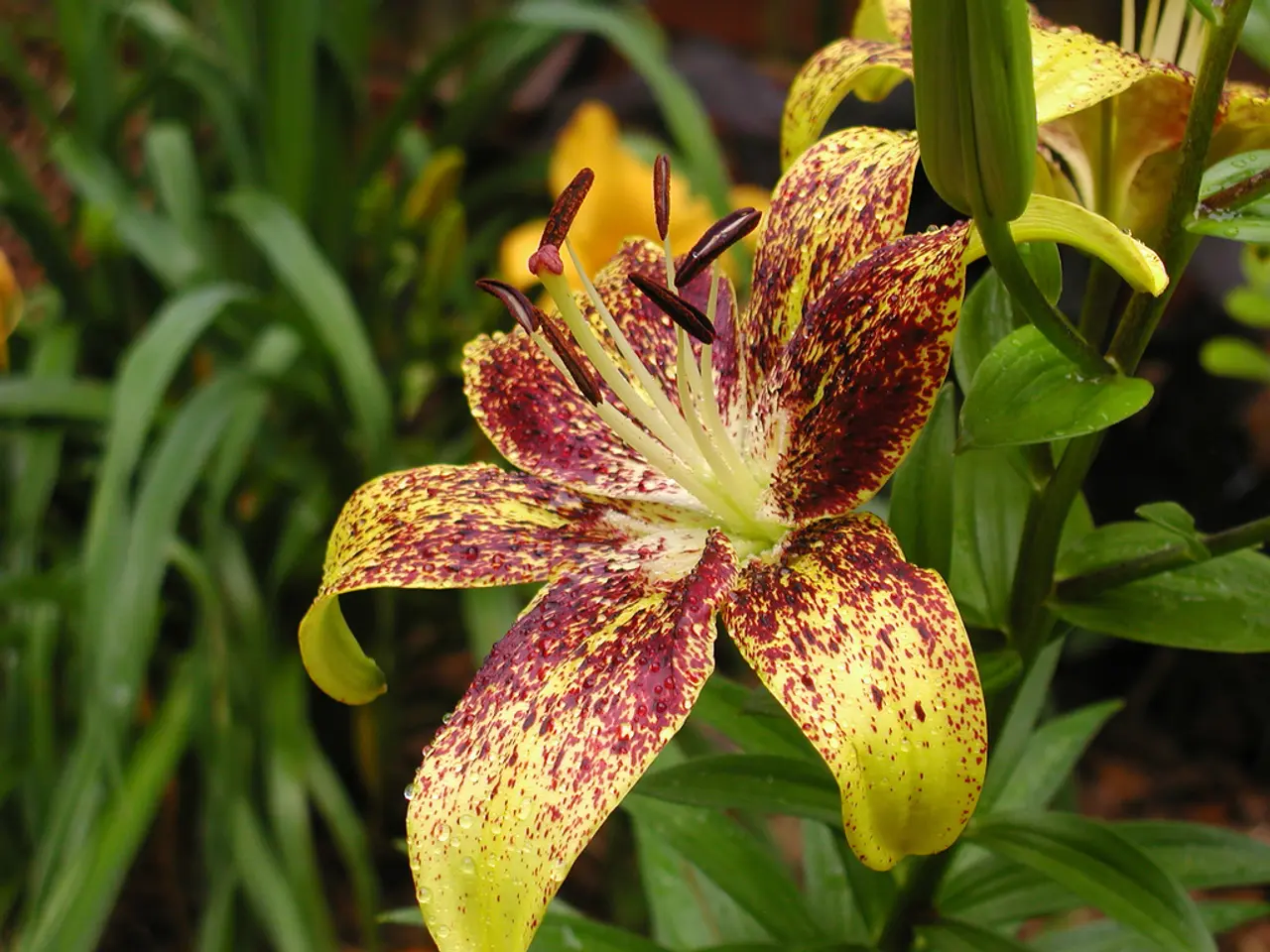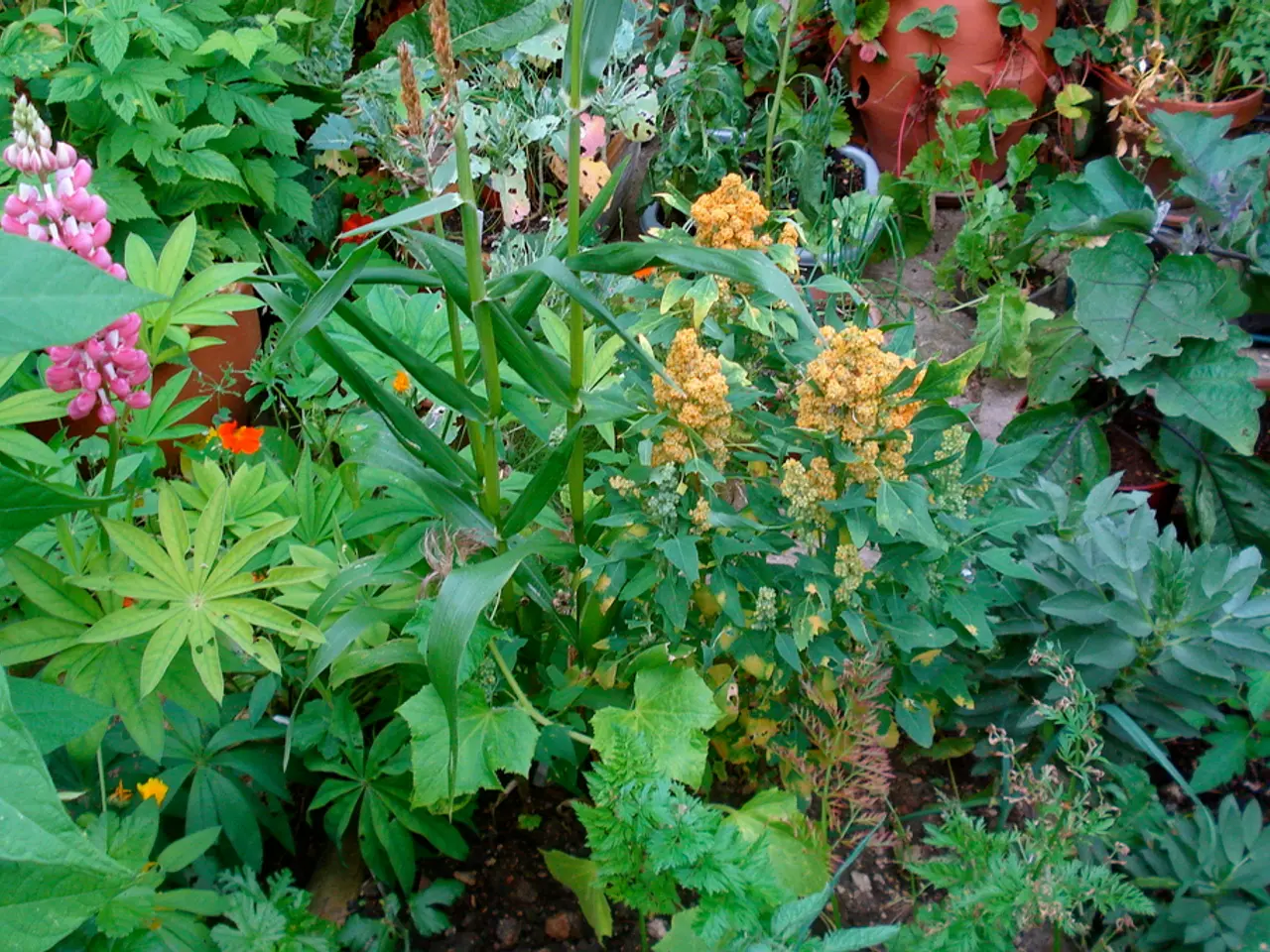Garden Yourself a Medicinal Herb Collection
In the pursuit of a healthier lifestyle, many are turning to natural remedies for common ailments. A great way to access these remedies is by growing a range of medicinal plants in your own garden. Here's a list of some easy-to-cultivate, beneficial herbs and their healing properties.
Echinacea, a plant thriving in full sun and well-drained sandy soil, is renowned for its immune-boosting properties. Often used to prevent or shorten colds and flu, it can be made into tinctures, teas, or capsules.
Calendula, with its cheerful blossoms resembling daisies, grows well in full sun with fertile, moist soil. Known for its skin healing properties, Calendula is famous for soothing cuts, burns, and irritation due to its anti-inflammatory and antimicrobial effects. Calendula flowers are used in ointments and salves for topical application.
Peppermint, which prefers full sun to partial shade and moist, well-drained soil, aids digestive health by relieving bloating and discomfort. Peppermint is commonly used fresh or as tea.
Gotu Kola, a plant that supports cognitive function, mental clarity, and memory, grows best in partial shade with moist, rich soil. Its leaves are consumed fresh in salads or steeped for tea.
Tulsi (Holy Basil) leaves have anti-inflammatory and antimicrobial compounds that support respiratory health, reduce infections, and aid digestion. It can be consumed as tea or raw.
Chamomile, known for relaxation and mild digestive relief, is commonly used as a calming tea. It also has mild anti-inflammatory and soothing skin effects.
Lavender, used for stress relief and skincare, is a beautiful plant with blossoms that emit a soothing scent. Its essential oil is calming and can help with anxiety and minor skin irritations.
Aloe Vera, grown for skincare, has a clear, gel-like sap that can be used to treat various skin problems, burns, wounds, and cuts, as well as eczema flare-ups, hives, and skin allergies.
Jasmine oil helps with depression, mood uplift, anxiety, body aches, and digestive issues. It is also used to improve sleep.
Daisy, traditionally used for cramps, urinary tract inflammation, and minor wounds or skin problems, can be made into tinctures or teas.
Ginger root contains 6-gingerol, a substance that reduces inflammation and oxidative stress. Onion contains a powerful anti-inflammatory chemical that minimizes the risk of blood clots, high blood pressure, and heart disease. Garlic contains a potent microbe-killing chemical called allicin and is used to treat a wide range of ailments.
These plants provide a range of healing benefits, from immune support and digestive relief to skin healing and cognitive enhancement. They are generally easy to cultivate in home gardens with adequate sunlight, soil quality, and watering suited to each species. By planting a mix of these medicinal herbs, gardeners gain natural remedies for common ailments such as colds, digestive discomfort, skin irritations, stress, and inflammation. They also add beauty and fragrance to the garden while supporting wellness in an accessible, sustainable way.
- Incorporating science and home-and-garden practices, one can cultivate plants like Echinacea for its immune-boosting properties and Tulsi for respiratory health.
- For skin care, Calendula and Aloe Vera are two herbs that offer healing properties for cuts, burns, and various skin problems.
- Pursuing a healthy-diets lifestyle, Gotu Kola and Chamomile can be consumed as tea, supporting cognitive function and relaxation, respectively.
- In the realm of fitness-and-exercise and health-and-wellness, Peppermint and Ginger root provide digestive health benefits, with Peppermint alleviating bloating and Ginger reducing inflammation.




